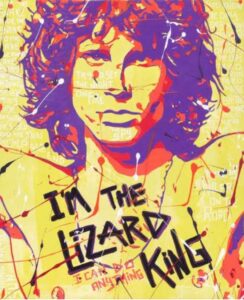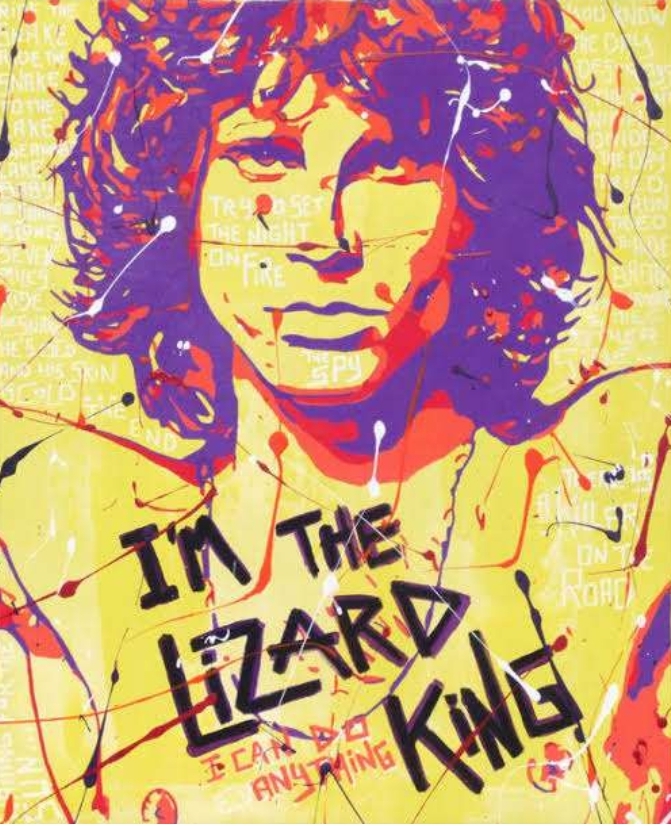Jim Morrison, the iconic lead singer of The Doors, left an indelible mark on music and popular culture. More than five decades after his untimely death in 1971, Morrison’s legacy continues to captivate new generations. His deep voice, enigmatic lyrics, and theatrical stage presence have cemented his status as a rock legend.
As the charismatic frontman of The Doors, Morrison helped pioneer a distinct sound that fused rock, blues, and psychedelia. Songs like “Light My Fire,” “People Are Strange,” and “Riders on the Storm” became anthems for a restless generation during the turbulent 1960s. The Doors’ music was a perfect blend of Morrison’s poetic lyrics and the band’s musical expertise.
Beyond his music, Morrison’s fascination with mysticism, existentialism, and rebellion gave him a mythical aura that endures to this day. His nickname “The Lizard King” has become synonymous with his enigmatic and mysterious persona. Morrison’s ability to tap into the countercultural movement of the 1960s resonated with fans seeking meaning and rebellion.
Morrison’s influence extends beyond music to poetry and literature. His written works, such as “The Lords” and “The New Creatures,” showcase his poetic talent and philosophical depth. Morrison’s unique blend of mysticism and rebellion has inspired countless artists, writers, and musicians.
The Doors’ music and Morrison’s legacy continue to inspire new generations of fans. His impact on rock music is undeniable, and his influence can be seen in many contemporary artists. Morrison’s music and poetry remain a testament to his innovative spirit and creative genius.
Morrison’s nickname “The Lizard King” has become an integral part of his legend. The mystique surrounding this moniker adds to the allure of his music and persona. Fans continue to be drawn to Morrison’s enigmatic and mysterious nature, which is reflected in his music and poetry.
Jim Morrison’s legacy is a testament to his innovative spirit and creative genius. As a cultural icon, Morrison’s influence extends beyond music to art, literature, and popular culture. His enduring appeal is a reminder of the power of art to transcend time and generations.
